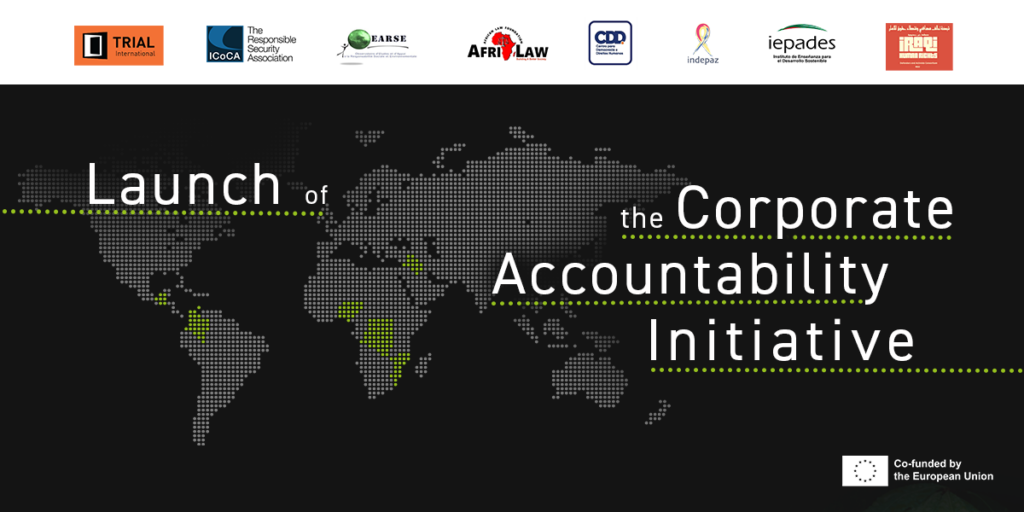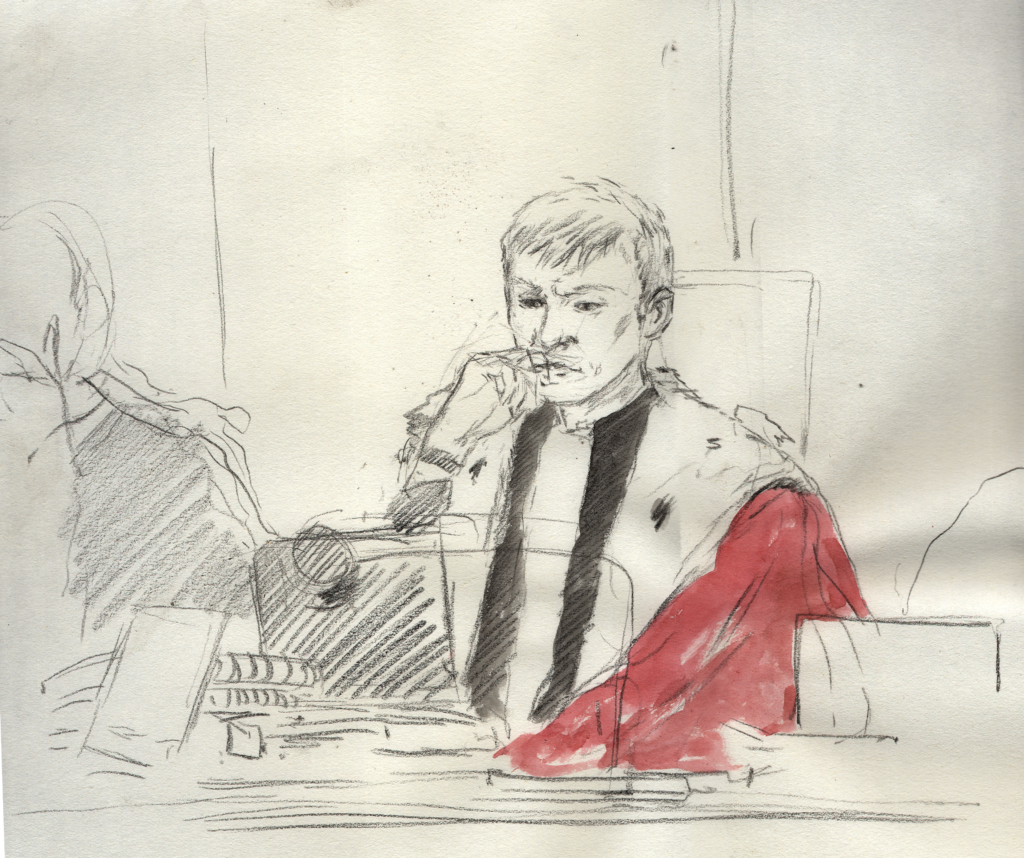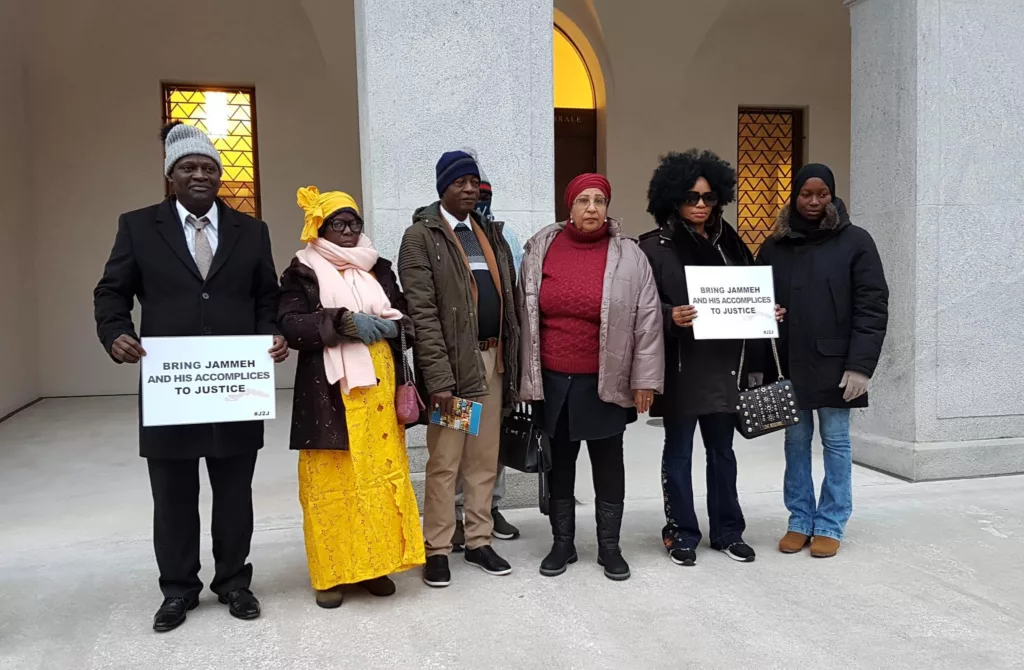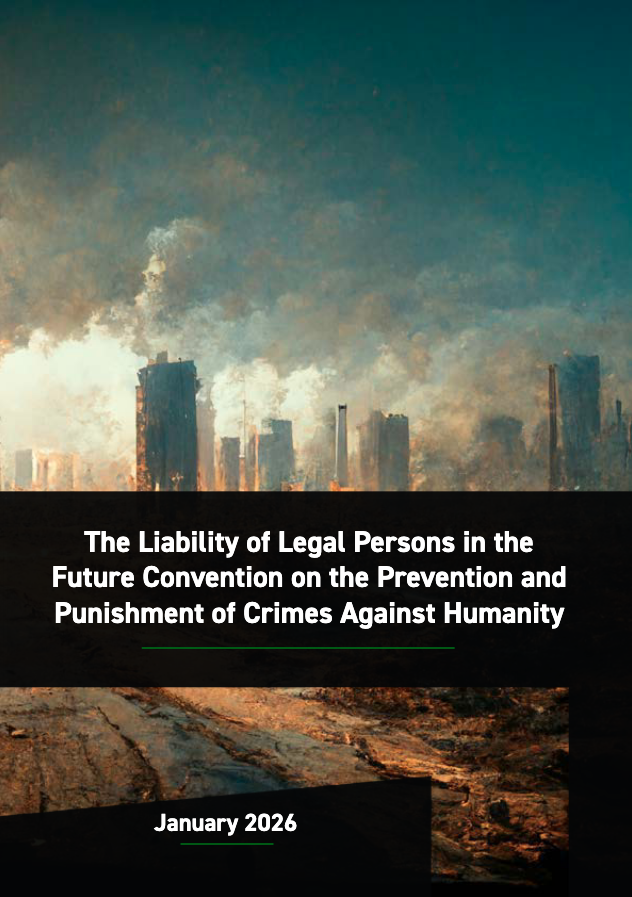The Lumbala trial – Week 1
(12-14 November 2025)
The TRIAL BEGINS
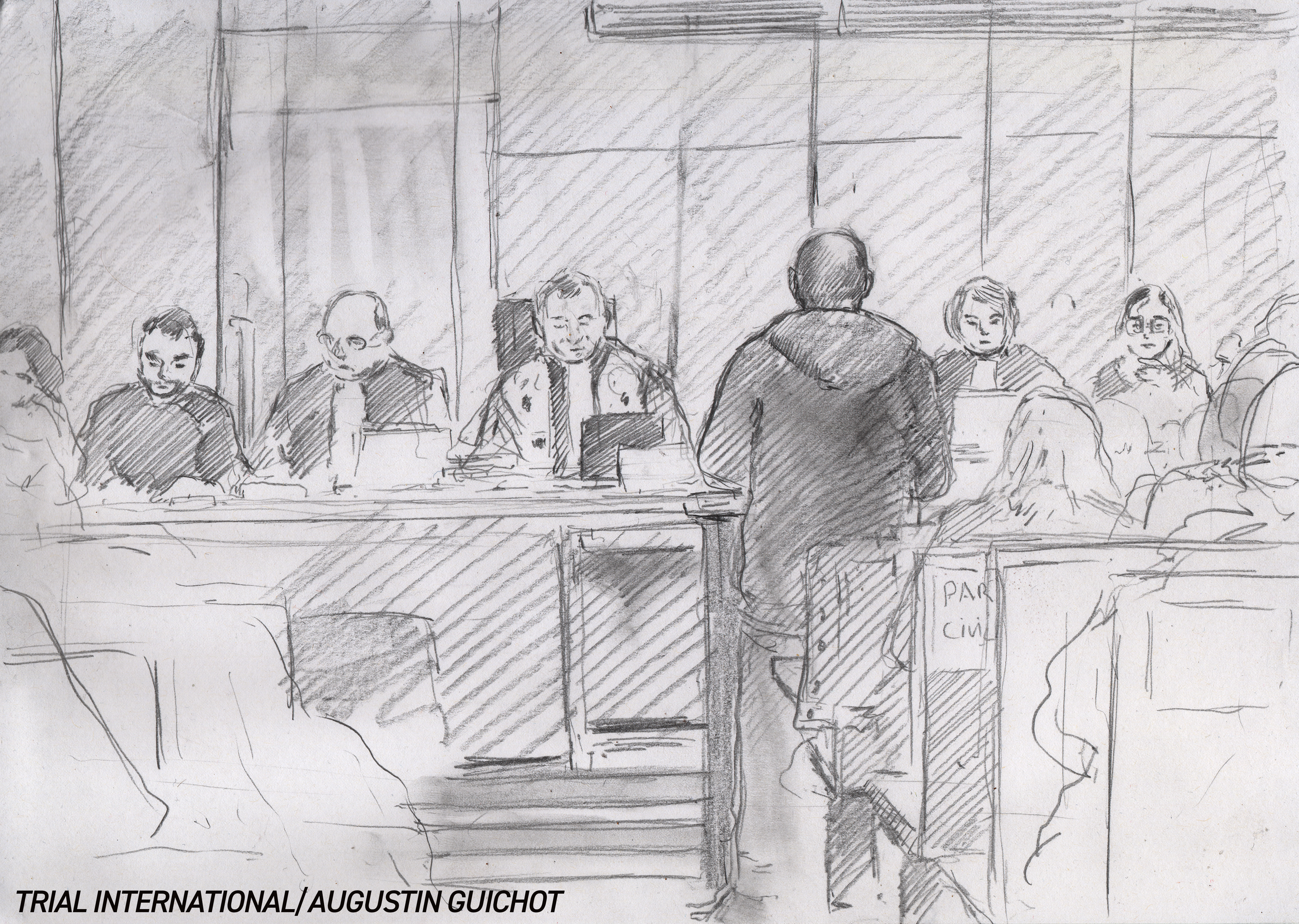
The first day was dedicated to procedural foundations: a jury was selected and the Presiding judge delivered an overview of the indictment, outlining the context, allegations, investigative findings, and the legal basis for the charges. The court also detailed the steps taken in DRC to arrange for witness hearings, including protection measures and videoconference logistics.
A Congolese lawyer, Tshibangu Kalala, asked to join Lumbala’s defence team without having completed the required formalities, so the court rejected his request.
The defence challenged the court’s jurisdiction, arguing that an apparent extradition request from the DRC should bar the proceedings and that the involvement of NGOs as civil parties created an imbalance in the trial.
The defendant declared that he no longer wished to appear in court and dismissed his legal team. The court appointed one of his lawyers to represent him, and will ensure that Lumbala is informed daily of the proceedings; he may rejoin the hearings at any time.
On the second day, neither Lumbala nor his lawyer appeared in court. The first expert witness, Brigid Inder (Special Gender Adviser to the ICC) testified about patterns of gender-based crimes during the conflict and said that the documentation produced by the DRC-based NGO and civil party Justice Plus was consistent with what she had observed in her own investigations.
The court then heard a personality investigator, who explained that because Lumbala’s relatives did not participate, her assessment relied entirely on his own statements. In Lumbala’s absence, the presiding judge supplemented her testimony by reading documents and interviews from the case file. The prosecution also submitted additional documents concerning Lumbala’s political affiliations and shifts over time.
The presiding judge rejected a request from some of the civil party lawyers to hear members of Lumbala’s family as character witnesses, noting their earlier reluctance to cooperate and the constraints of the trial schedule.
On the third day, Lumbala and his lawyer again failed to appear. Lumbala sent a document to the Presiding Judge stating that he had begun a hunger and thirst strike in protest, as he rejects the jurisdiction of the French court.
The judge read several documents from the case file to establish the historical, political, and military context. A French researcher, Thierry Vircoulon, was also heard as a contextual witness; he gave an overview of the conflict, the configuration of armed groups at the time, and the role and position of the RCD-N.
Finally, the court continued reading documents from the case file, including reports, agreements, and Security Council resolutions.
Highlight – read the statement from the NGOs involved in the proceedings about Lumbala’s absence and hunger strike.

